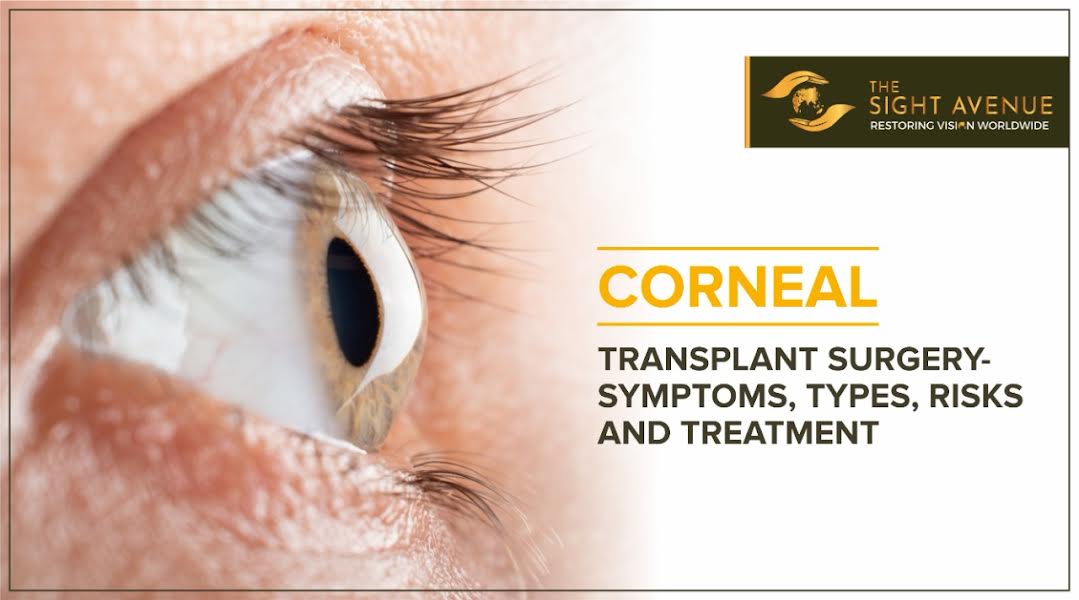6 Common Challenges Faced by Contact Lens Wearers

Introduction
Contact lenses have changed the way people correct their eyesight. However, like any form of vision correction, wearing contact lenses comes with its own set of challenges. This blog discusses common contact lens difficulties and possible treatments.
Table of content:
- Dry Eyes
- Irritation, Redness, and Discomfort
- Lens Deposits
- Eye Infections
- Allergic Reactions and Contact Lens Intolerance
- Contact Lens Dislodgement
Dry Eyes:
One of the most common problems contact lens wearers face is dry eyes. Contact lenses can exacerbate dryness as they reduce the oxygen supply to the cornea. It can result in discomfort, irritation, and blurred vision. To combat this issue, consider using rewetting drops recommended by your eye care professional. Additionally, taking regular breaks from wearing lenses and ensuring proper hydration can help alleviate dry eye symptoms.
Irritation, redness, and discomfort
Some individuals may experience irritation and redness while wearing contact lenses, especially toward the end of the day. Some users may feel discomfort ranging from grittiness to foreign body sensation. Allergies, incorrect lens fit, and dirt buildup can cause this. It is essential to maintain proper hygiene by cleaning and disinfecting lenses regularly. If the problem persists, consult your eye care professional to determine if a different lens material or fit is required.
Lens Deposits
Lens deposits can accumulate over time, leading to blurry vision and discomfort. These deposits may be caused by protein, lipids, or debris from the environment. Regularly cleaning and disinfecting your lenses according to the prescribed regimen can help prevent the buildup of deposits. Additionally, using enzymatic cleaners recommended by your eye care professional can effectively remove stubborn deposits.
Eye Infections
While contact lenses are generally safe when used correctly, improper handling and hygiene can increase the risk of eye infections. Failure to wash hands before handling lenses, using expired solutions, or wearing lenses while swimming or sleeping can introduce harmful bacteria or microorganisms to the eyes. It is crucial to follow proper hygiene practices, including washing hands thoroughly, disinfecting lenses as instructed, and avoiding exposure to water sources while wearing lenses. Avoid sleeping with contact lenses on.
Allergic Reactions and contact lens intolerance
Some individuals may develop allergies to contact lens materials, cleaning solutions, or environmental factors. Itching, redness, and eye swelling are some of the symptoms. If you experience allergic reactions while wearing lenses, consult your eye care professional to identify the source of the allergy, reassess the lens fit and explore alternative options that suit your needs.
Contact Lens Dislodgement
Occasionally, contact lenses may dislodge or move out of place, causing discomfort and compromised vision. Factors such as rubbing the eyes, improper lens fit, or wearing lenses in dusty or windy environments can contribute to this issue. To avoid lens dislodgement, follow proper insertion and removal techniques and avoid touching or rubbing your eyes excessively. If lenses continue to move frequently, consult your eye care professional for a reevaluation of the lens fit.
Visit here: Best Eye Hospital in Delhi
Conclusion:
It is true that contact lenses help a person correct their vision, but it also has some problems. This problem may make your eye vision worse; that’s why it is important to take care of your eyes by maintaining proper hygiene, and regular eye checkups may provide your benefit to recognize any problem in the early phase.
Recent Blog
Recent Post
FAQ
Common problems with contact lenses include dryness, discomfort, irritation, infection risks, vision changes, and difficulties in handling and cleaning.
Contact lenses are generally safe when used properly and hygienically. However, improper care or overuse can lead to eye infections or other complications.
The rules for wearing contact lenses include washing hands before handling, following a proper cleaning and storage routine, avoiding sleeping or swimming with lenses, and regular check-ups with an eye care professional.
Crying with contact lenses is generally safe, but excessive tears may cause the lenses to move or become dislodged. It's best to remove them if crying heavily or rubbing the eyes.








